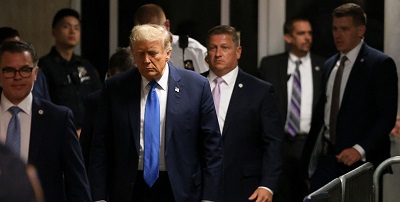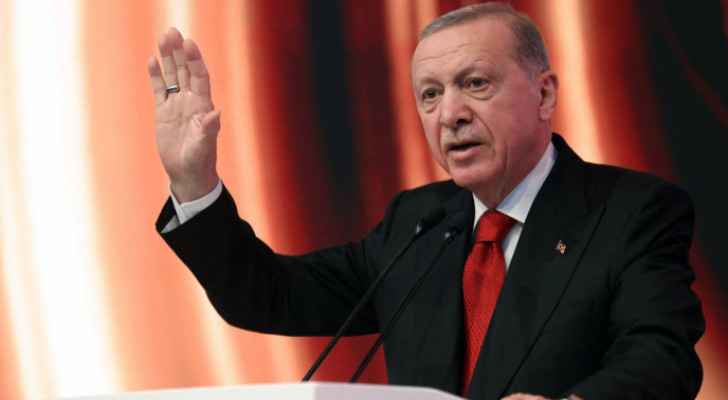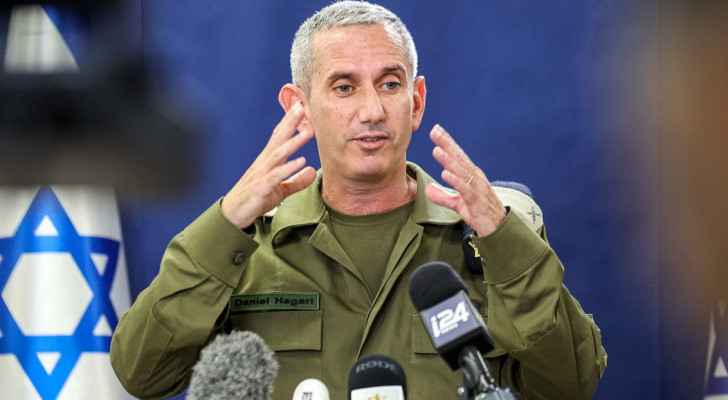Have the Iraqis Missed the Opportunity? - By Ghassan Charbel, Alarabiya
It is not easy to dismiss the images coming from Iraq. They are painful and difficult to watch. Most difficult of all is that it is no longer possible to blame them on the Saddam Hussein regime, which was toppled 16 years ago. It is also hard to believe that the youths who took to the streets of Baghdad, al-Najaf and al-Nasiriyah did so at the orders of the “Great Satan” or another regional power.
One must remember that the Iraqis held elections four times after the current constitution was approved, meaning that the legitimacy of the current government is not up for debate. It is a product of elections, even if its labor pains left it with a few scars.
It would be hasty to sum up the bloody protests with a question about the fate of Prime Minister Adel Abdul Mahdi and his government. The problem is deeper than that. Of course, one must note that Abdul Mahdi is an old player in Iraq, starting from the days of the opposition against the Saddam regime and leading to the post-Baath period. It would be wrong to compare Iraq to the system in Lebanon, which is governed by a president, prime minister and parliament speaker. According to the Iraqi constitution, the prime minister is the greatest player.
There is no doubt that Abdul Mahdi, who experienced the Baathist, Marxist and Khomeini ideologies, as well as exile in Paris, knows the weaknesses and concerns of Iraq. He is also aware of its flaws and the forces that are trying to creep into it. He must be assessing the causes of the protests.
It is obvious that the youths who flooded the streets were born in the post-Saddam era or a few years before the regime’s collapse. We can therefore rule out accusing them of supporting Saddam or the Baath. Moreover, the youths came from Shiite strongholds, which in successive elections voted for major Shiite parties and coalitions. Abdul Mahdi also knows that the United States’ influence in Iraq has weakened considerably and no longer counterbalances or curbs Iran’s influence. Furthermore, protests did not erupt in Sunni strongholds. These regions are still recovering from living under ISIS. This means that Salafists or ISIS remnants cannot be blamed for the protests.
Abdul Mahdi is aware that the protests are essentially popular anger that boiled over due to poor living conditions. The demonstrations gained intensity after authorities tried to stifle them with force. The protesters are demanding improved electricity and water supplies. They are calling for fighting corruption and addressing unemployment and poverty. The youths would not have confronted live fire with their bare chests if they had not reached a sense of despair over successive broken government promises.
Another issue that must have caught Abdul Mahdi’s eye is the emergence of anti-Iran slogans during the rallies. Many protesters have called for Iran to lift its hands off Iraq. The prime minister knows that these slogans would not have been chanted in Shiite strongholds, which are traditionally pro-Iran, had they not sensed that Iraq was being controlled by Tehran. Some Iraqi observers boast about Iran seeping into decision-making positions in the current Iraqi regime and into the country’s political, economic and social fabric. They cite Iraq being used as an open ground to send worrying messages to the US or to circumvent sanctions.
Will the Iraqi political class derive lessons from the protests? Will the usual remedies, such as pledges to help poor families and allow voluntary military enlistment, appease the demonstrators? Will other usual remedies, such as seizing the opportunity to replace officials – meaning Abdul Mahdi – work?
The problem is greater than this. The battle revolves around regaining the regular Iraqi citizen’s trust, especially since the youth sense that they are only being promised poverty and marginalization in a country that lies on exceptional wealth. It cannot be easy for the Iraqi youth to read about the disappearance or squandering of billions of dollars in public funds. One such incident brought the issue out in the open. It revolved around “fake” soldiers in Mosul who stayed at home and shared their salaries with their superior officers, who covered up their long absence from their units. This massive flaw allowed ISIS to infiltrate Mosul and kick off a bloody chapter in Iraq’s recent history.
The recent developments reminded me of what Iraqi politician Ahmed al-Jalabi told me after American forces withdrew from his country. He told me: “You are a journalist. If you are looking for an important and interesting subject, then you should task a team to investigate the fate of billions of dollars that disappeared without a trace. The looting in Iraq undoubtedly surpasses the looting that followed the collapse of the Soviet Union.” He added: “I have read a lot about how the Americans planned to invade Iraq to loot its resources. The truth is that we exerted massive efforts to lure the Americans into ousting Saddam Hussein, because as an opposition, we had failed. We feared that Iraq would spend more decades under his rule or under the rule of his children. The Americans have now left, but I fear that the Iraqi may miss the opportunity to build a stable and prosperous Iraqi state.”
I asked him about the reasons for his fear, he replied: “I believe that the concept of the state in its true meaning is not deep-rooted, not in our society or among the main political powers. Elections are not enough when the concept of institutions is absent. The majority of the powers speak about an economy without knowing how the world and the economy have changed. A heated race is on to reap personal gain. The economy cannot be managed with a factional or militia mentality. I fear that the Iraqis may miss the opportunity and that their country would remain victim to long-term instability that the region would also pay dearly for.”
The interest of the Iraqi people lies in the formation of a democratic, stable and prosperous Iraq. The Arabs also have an interest in seeing the establishment of such an Iraq. However, a calm reading of the post-Saddam era developments raises concerns and an important question: Have the Iraqis missed the opportunity?
Latest News
 Prosecution lays out ‘criminal conspiracy’ in historic Trump trial
Prosecution lays out ‘criminal conspiracy’ in historic Trump trial King from Madaba: Jordan has always proven its ability to move forward with persistence of Jordanians
King from Madaba: Jordan has always proven its ability to move forward with persistence of Jordanians Safadi discusses war on Gaza with French, German delegations
Safadi discusses war on Gaza with French, German delegations Erdogan arrives in Baghdad for first official visit since 2011
Erdogan arrives in Baghdad for first official visit since 2011 “Israeli” army says it approved plans for “continuation of war in Gaza”
“Israeli” army says it approved plans for “continuation of war in Gaza”
Most Read Articles
- Safadi discusses support to Syrian refugee with DRC
- King, Kuwait emir reaffirm pride in deep-rooted relations
- Israeli Occupation aggression on Gaza enters 200th day
- Kuwait channels $24 billion in development assistance to Jordan in 24 years
- UNRWA’s role in Gaza indispensable — Foreign Ministry
- Jordan condemns Israeli 'war crimes' in Gaza, calls for accountability
- King orders holding parliamentary elections in accordance with law, checks on electoral commission’s preparations
- Jordan outperforms MENA average in women, business, law indicators — report
- General Motors lifts 2024 profit forecast after strong Q1
- The ideological coup: How disciples of Kahane became the new face of Israel - By Ramzy Baroud, The Jordan Times